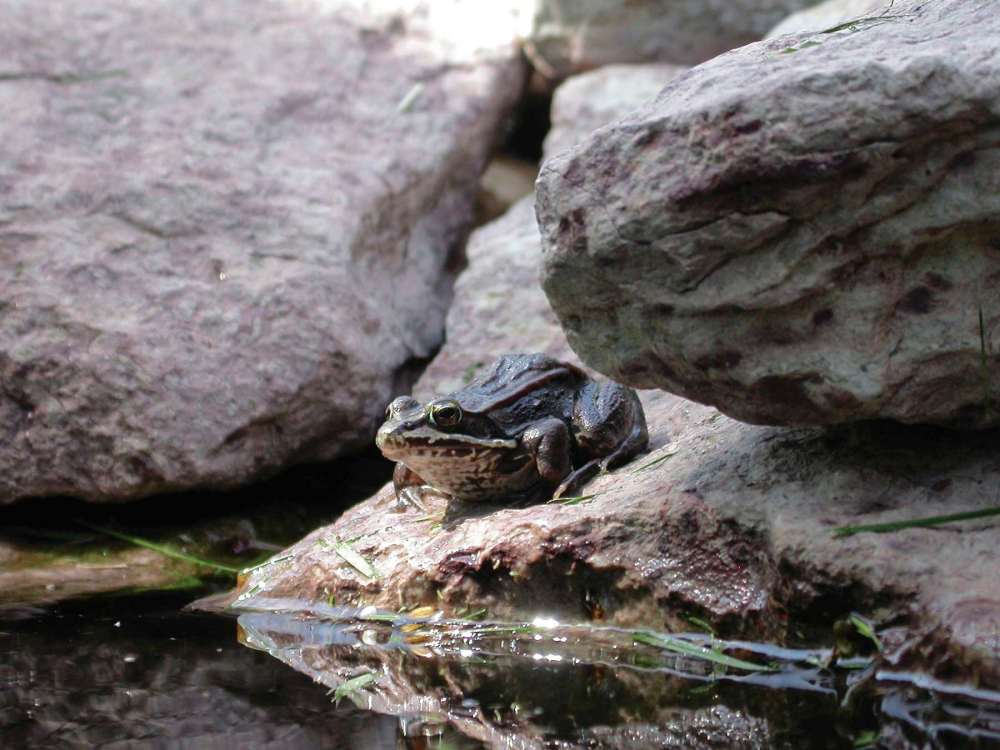Nature is an antidote for stress
Advertisement
Hey there, time traveller!
This article was published 12/05/2020 (2059 days ago), so information in it may no longer be current.
Stress is called the silent killer. It quietly increases heart rate and blood pressure, damaging arteries and leading to heart attacks. It weakens the immune system which may contribute to ulcers. Chronic stress can even kill brain cells involved with emotion, learning, and memory. A single year of chronic stress can shorten a life by six years.
The COVID-19 pandemic is causing very high levels of stress due to fear, anxiety, uncertainty, and helplessness. Steps taken to limit the spread of the disease have amplified the stress.
What can we do to relieve stress? We know that spending time in nature reduces stress but, until recently, no-one knew how much time was actually needed to have this positive effect.

A study published last year in Frontiers of Psychology indicates that taking a 20-minute “nature pill” reduces stress. Participants in the study were directed to take a nature pill at least three times a week for eight weeks. They chose the time of day (not night), duration (at least 10 minutes), and location to have an urban nature experience. The location could be anywhere outside that made them feel like they interacted with nature. No aerobic exercise, phone calls, social media, internet, reading, or conversations were allowed.
Researchers found that a 20-minute nature experience significantly reduced levels of stress hormones. The fastest drop occurred when participants were immersed in nature for 20 to 30 minutes.
Taking regular 20- or 30-minute nature pills will help maintain your mental and physical health during the COVID-19 pandemic. Here are just a few ways you can immerse yourself in nature to reduce stress:
• Take a stroll on a trail beside the Seine River;
• Sit and listen to the frogs at dusk;
• Silently observe your natural surroundings and your thoughts;
• Go for a slow paddle down the river;
• Spend time in a garden;
• Go for a morning walk to look for birds;
• Sketch something you find in nature;
• Forest-bathe in Bois-des-Esprits;
• Photograph a plant or animal that shares your space;
• Close your eyes and listen to the sounds of nature around you.
Everyone who lives in crowded cities needs accessible natural space to get regular doses of nature. This new research into stress provides deeper insight into why every urban neighbourhood should have enough natural space to support the health and well-being of nearby residents — especially when a pandemic requires physical distancing.
Michele Kading is a community correspondent for St. Vital and the executive director of Save Our Seine.

Michele Kading
St. Vital community correspondent
Michele Kading is a community correspondent for St. Vital. She is also the executive director of the Association of Manitoba Museums.
Our newsroom depends on a growing audience of readers to power our journalism. If you are not a paid reader, please consider becoming a subscriber.
Our newsroom depends on its audience of readers to power our journalism. Thank you for your support.




